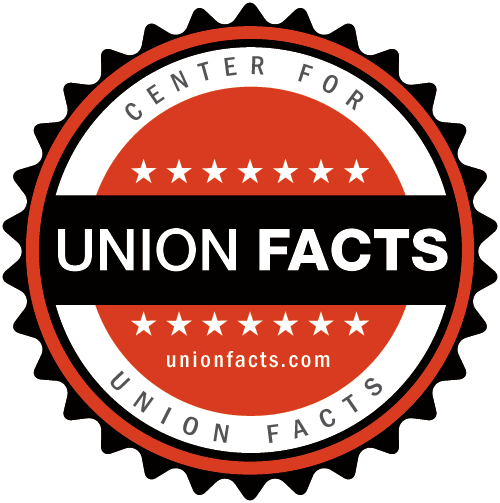The Canadian Experience
In August 2005, the Fraser Institute published a study that examined the differing levels of unionization in the United States and in Canada, where union density is more than twice as high. A key explanation is the divergence in labor laws. Five of 10 Canadian provinces require secret ballots, but the remainder allow for automatic certification after a showing of majority interest is obtained through card check. The evidence is overwhelming: If employers are allowed an opportunity to present information before a private vote, unions were dramatically less likely to persuade employees to join.
One supporting study found that 17 to 24 percent of the difference in unionization rates between the United States and Canada could be explained by the widespread use of secret ballot votes in the United States.
Even as some U.S. politicians and union officials point to the ostensible “success” of Canadian labor laws, however, five provinces have actually implemented secret ballot voting since 1977.
British Columbia, for example, introduced secret ballots in 1984, then dropped the requirement until deciding in 2001 that the process was indeed necessary for workplace democracy. Despite union officials’ normal hysterical claims, politicians, academics, and opinion leaders weighed in on the side of private ballots.
Labour minister Graham Bruce, for one, explained his administration’s view that implementing ballots is “part of the democratic process to allow for people to have a vote.” The Vancouver Sun reported University of British Columbia industrial relations professor Tom Knight “said that both unions and businesses pressure workers.” But, Knight told the paper, the “policy toward (secret ballots) is probably the correct one in terms of ensuring individual employees have the right to express their preference. But the vote must be held expeditiously.”
The official word from leading newspapers added their support for the right of workers to a private vote. In August 2001, a Vancouver Sun editorial dismissed union claims about employer intimidation and lauded secret ballots:
… any reasonable reading of labour law and practice suggests that intimidation is too risky a strategy for businesses to adopt.
By opting for secret ballots, B.C. will democratize workplaces and join four other provinces with a similar requirement for union certification.
The Prince George Citizen added in an editorial:
We also don’t see a problem with the secret ballot on certification and de-certification. To us, that system would go a long way toward eliminating any coercion on such an important vote from both the management and union sides. Let the workers decide, without show-of-hands, peer pressure. That only seems fair.

